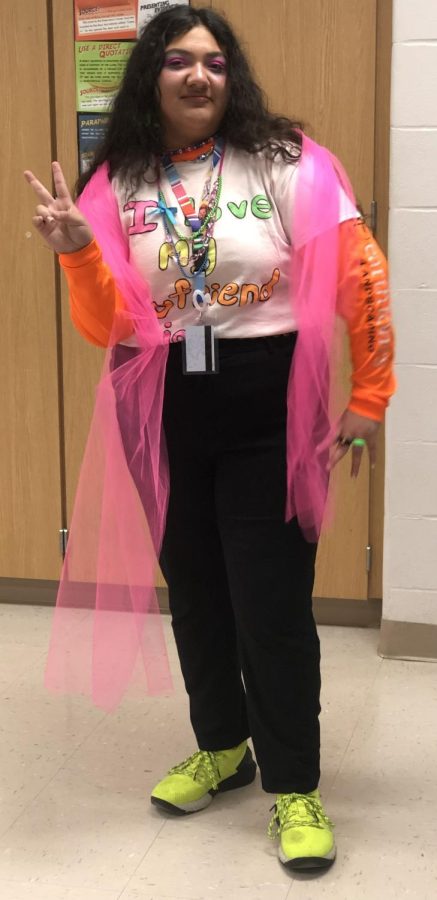This Thanksgiving break, our family decided to euthanize our dog, Flower, after her health took a turn for the worse. She frequently experienced tremors and refused to eat or drink anything at all, including the medicine that was supposed to help her.
Losing her was a big deal because she played such a prominent role in our everyday lives. Each morning, she would come into my room to wake me up, then into my parents’ room to do the same. Feeding Flower was a natural part of our daily routine. Giving her scraps we weren’t going to eat became a compulsive habit. After she passed on, our habits were still intact. Every time one of us turned to give her leftovers or reached out to pet her, it was a grave reminder that she wasn’t there anymore.
According to psychologists Elizabeth Kübler-Ross and David Kessler, grief occurs in five stages: denial, anger, bargaining, depression and acceptance. Their website stresses the importance of allowing oneself to feel these emotions in order to work through grief and heal from it. However, I certainly didn’t follow any sort of timeline.
I was a wreck while I watched Flower die. After that, though, I rarely felt the need to cry. Even when shown old pictures or told old stories about her, I found it difficult to feel anything. I also wasn’t angry at the loss. Her passing was shocking, for sure, but even as I sought her companionship to get through her death, I fully understood that there was no way to get her back.
The only effect of her death on me was an unusually low energy level. For several days, I didn’t feel motivated to do things that I would normally do, such as making breakfast and doing homework. I normally want to get my schoolwork done as early as possible, but for a while I pushed my responsibilities aside. I even forgot about a Calculus assignment–something that never happens.
I recovered from the loss by that Wednesday. I thought there might be something wrong with me because I only went through the depression and acceptance stages while I was grieving and only took a few days to recover. However, when I did more reading on the subject, it turned out that many people criticize the “five stages of grief” theory because everybody’s grieving experience is different. I read many stories about peoples’ journeys with grief. Some of them swore they were going crazy, while others described feeling emotionless like I did. Some of them took a few months to recover, some took a year, and some of them even claimed that they weren’t fully healed from the grief.
If there is a lesson to be learned here, it would be that grief is a process that is unique to every individual. Before I went through my own grief experience, I only associated the word “grief” with spontaneous tears and mourning for months on end. My experience was drastically different. Grief is an emotional response to loss, and like all emotional responses, it will vary from person to person. My grief will never be exactly like anybody else’s grief. Everyone will be different, and that is perfectly normal.






